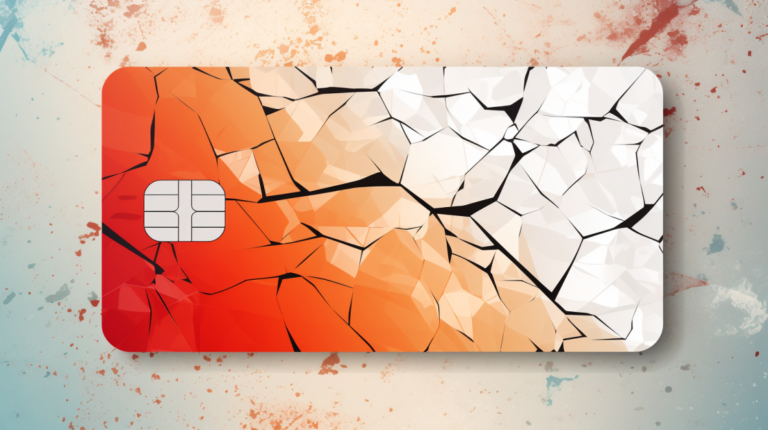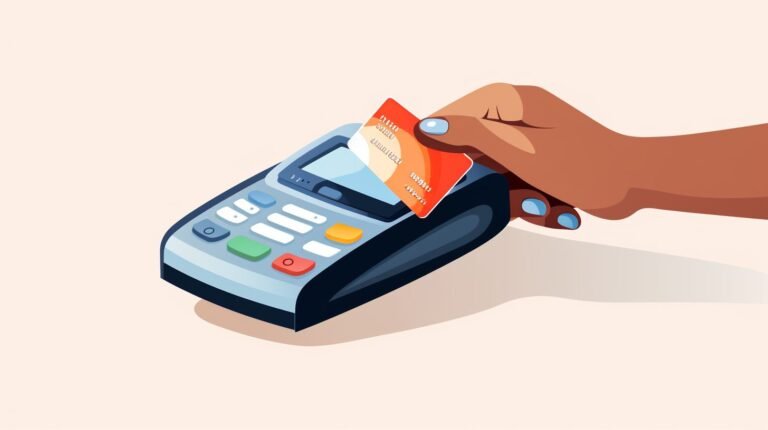Ways to Protect Your Credit from Identity Theft
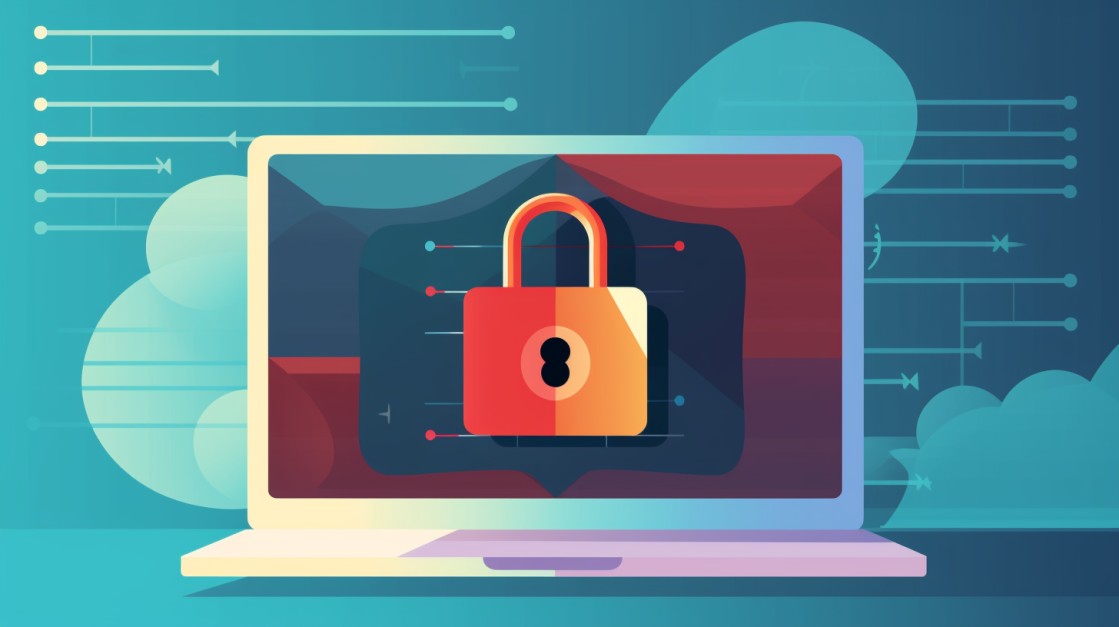
Just like you, I know the heavy weight of worry that settles in your heart when identity theft strikes, especially when it disrupts your credit status. It feels as if you’ve been dragged into a frightening nightmare you didn’t choose.
Backed by alarming hard facts – after all, the Federal Trade Commission received a whopping 1.4 million reports of identity theft just in 2021 alone – my exploration into fortifying financial life is here to assist in cementing your security defense against these contemporary thieves.
So, let’s take the deep dive together; this could be the exact protection your credit requires!
Key Takeaways
- Identity theft is when someone steals your data for their gain. You can stop this by always checking your bank accounts and using credit monitoring tools.
- Use strong passwords to keep your account safe. Change the password every 90 days for best results. Install antivirus software on devices, avoid using free Wi-Fi, and check online bank accounts daily.
- Be careful what you share on social media or apps. Shield personal posts from others seeing them. Make sure to shred all private papers before throwing them away.
- Freeze your credit if needed, as it stops thieves from opening new things under your name. Place a fraud alert on credit reports as well, which makes businesses double-check with you first before making any new openings in name.
Understanding Identity Theft
Identity theft is a real problem. It happens when someone steals your personal data. The bad guy can use this data for his own gain. For example, he may open new accounts or buy things using your credit cards.
There are many ways to steal your identity. Some persons hack into computers to get information about you. Others may trick you into giving them your info by pretending to be from a bank or government agency.
There are people who guard against identity theft, like AURA and IDENTITYFORCE are two of such people that help fight against it! They look out for signs that someone else might be using your name or other parts of your identity without permission.
They will also help if something goes wrong and someone gets hold of the wrong details about you.
Steps to Protect Your Credit
Constant vigilance of your financial accounts is key to early detection and prevention of identity theft. For an extra layer of protection, signing up for a credit monitoring service can notify you of any suspicious activities related to your credit reports in real time.
Adding a fraud alert on all three major credit bureaus (Experian, Equifax, TransUnion) alerts potential creditors that they need to take additional steps before issuing new credit under your name.
Additionally, you could consider freezing your credit as it prevents thieves from opening new accounts or loans using your information. Secure all online platforms with strong passwords and be mindful about sharing personal data online – the less that’s out there, the less risk there is for stealing by identity thieves.
Regularly Monitor Your Financial Accounts

Check your money accounts often. Look for signs of weird stuff happening. The sooner you find problems, the faster you can fix them. Be aware that identity thieves love to take cash from bank accounts! You must keep an eye on all your personal data.
Do not just look every now and then – make it a daily habit! Even better, use credit monitoring tools if possible. They track your credit card and bank statements for any bad surprises or strange goings-on.
Make sure no one is spending your hard-earned money but you!
Enroll in a Credit Monitoring Service
I use a credit monitoring service to guard my financial data. It watches all activities on my accounts. It alerts me with any change it sees like unusual spending or new accounts in my name, even when I’m busy.
This is possible because the service has full-time access to check if identity thieves are using my personal information wrongly for their gains. Credit Karma is such a cool tool that they offer this service for free! Identity theft protection services like AURA, IDENTITYFORCE and IDENTITY GUARD can do more than just basic watching; they track everything about your digital privacy including social media moves and dark web lurks at an affordable cost covering up to $1 million of loss with legal support available too!
Place a Fraud Alert on Your Credit Reports
If you think someone might steal your identity, put a fraud alert on your credit reports. This step tells businesses to check with you before they open any new accounts in your name.
You only need to contact one of the three major credit bureaus: Equifax, Experian, or TransUnion. As soon as you place this alert, it stays for 90 days and can get extended up to 7 years if needed.
For anyone under 18, their parents or guardians can also lock down their credit reports. Plus, Credit Karma has a handy feature that lets you know if an account linked to your email appears in any data breaches.
Consider Freezing Your Credit
Freezing your credit is a smart move. It locks up your credit reports. This stops identity thieves from making new accounts in your name. No one can see these reports without you giving them access.
To freeze your credit, reach out to Experian, Equifax, and TransUnion directly. Each of these firms keeps a report of our credits on file. Freezing it puts an end to the fear that some masked thief will run off with the fruits of your hard work.
Use Strong Passwords and Be Cautious of Information Shared
Your passwords guard your personal data. A strong password can be like a tall wall. It keeps bad people out. Be sure to make each password for your accounts different. Using a Password Manager can help with keeping track of them all.
But, you must also watch what you share online closely. What may seem harmless may give thieves an easy way in! Identity thieves are smart and crafty, using phishing scams or malware attacks to steal info about you or even get medical care under your name! So play it safe — keep private details private and use those strong passwords every time you sign in on any device.
Additional Ways to Prevent Identity Theft
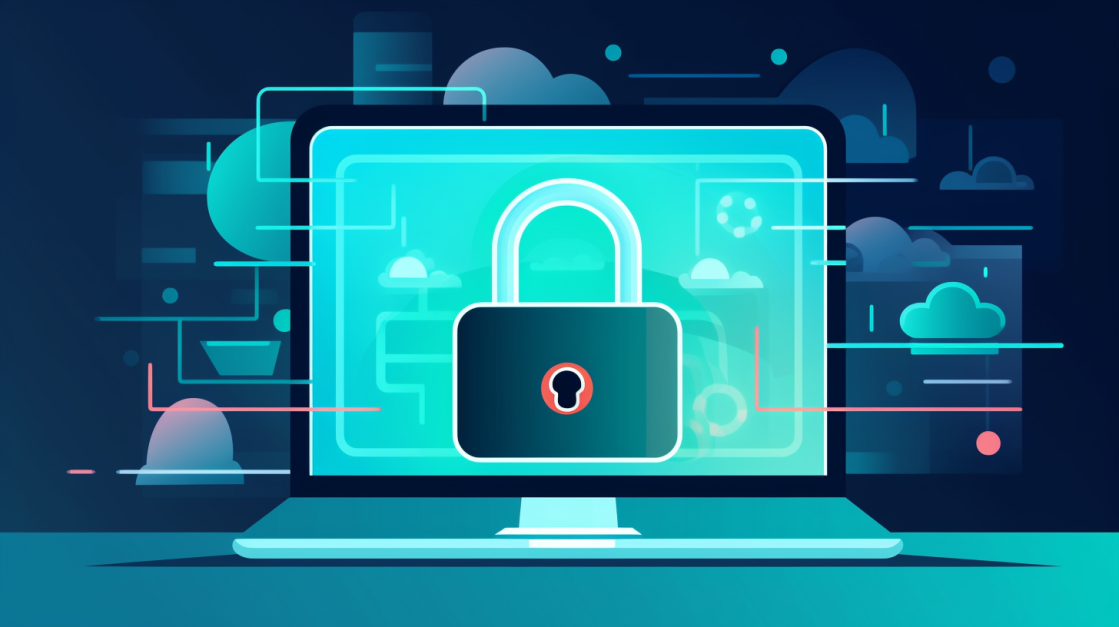
Aside from keeping tabs on your credit, there are other precautions you can take to defend against identity theft. Boost the security of your devices by installing robust antivirus software.
Protect your personal information by ramping up privacy settings on social media platforms and being mindful about what you share online. Don’t let digital thieves catch you off-guard – secure your phone at all times as it’s a trove of sensitive data.
Stay away from unsecured Wi-Fi networks; they’re easy entry points for hackers. Make password changes every 90 days a ritual, and implement two-factor authentication wherever possible to create an extra layer of protection for your accounts.
Regularly check day-to-day activities in your online bank account – early awareness is key in preventing fraudulent transactions, while shredding all sensitive documents helps keep dumpster divers at bay.
Lastly, decide to opt out from prescreened credit card offers as these could end up in wrong hands if disposed carelessly after arriving via mail.
Install Antivirus Software
You need antivirus software on your devices. Having this helps keep hackers and online threats at bay. It’s like a security guard for your computer or phone. The software looks out for malware, phishing attacks, spyware, and more.
To make sure it does its job well, keep the software up-to-date with new updates from the maker of the software.
When you use antivirus software in the right way, it lowers your chances of an identity thief stealing your credit card numbers or passwords. You can surf web pages and download files without worrying as much about bad stuff getting on your device.
Not all ways to stay safe work 100 percent of the time though! That’s why you should also watch what you share online makes good sense too.
Prioritize Privacy on Social Media
Keep your posts on social media private. Unlocking them gives identity thieves a chance to gather personal data, increasing the risk of credit card fraud or worse. Try not to share details like your home address, full name, and phone number on such sites.
Also avoid using birthday dates in passwords you create for these accounts! A service like Aura might be worth it since they can oversee social media activities for signs of sketchy moves with your identity.
So being careful about privacy on sites like Facebook or Instagram is key in keeping away from risky online habits that could lead to financial loss.
Keep Your Phone Secure
Your phone can hold a lot of your personal data. Keeping it safe is very important. Always use a passcode or fingerprints to lock your phone. This stops others from using it without you knowing.
Make sure Bluetooth is off when you don’t need it. This way hackers cannot take your data through there. Also, be careful when downloading apps. Only pick them from trusted sources and keep the software in the phone up to date.
Try not to use public Wi-Fi as well for extra safety. If someone else gets their hands on your phone, they may get access to its data too! You should have features that track and wipe out all data on the phone if this happens.
Avoid Usage of Unsecured Wi-Fi

Stay away from unsecured Wi-Fi. It’s not safe! Personal data may be at risk if you use it. Identity thieves look for this easy way to steal information. They can hack into your device and get your details without you even knowing.
They could cause severe damage, like credit card fraud or opening new accounts under false identity. Secure wireless networks are much safer for personal accounts and private information handling online tasks.
Beware of where and how you connect to the internet!
Change Passwords Every 90 Days
Every 90 days, I put a new lock on my digital doors. This means changing all my passwords. It is like putting up fresh walls against thieves that want to steal my identity. Not just one password, but different ones—for every online banking account, social media place, and even for apps on the phone.
It’s about not making it easy for them to break in and take away what’s mine! Personal stuff never goes into these passwords either—names of pets or birthdays are too simple for the bad guys to guess.
Staying safe means being smart—every 90 days without fail!
Enable Two-Factor Authentication on All Devices
Two-Factor Authentication keeps your accounts safe. You add it on all devices for more security. It needs two proofs from you to get in. First, the password. Second may be a code sent to your phone.
Hackers find it hard to beat these two steps of checks even if they know the password! Many of your devices and accounts offer this feature now. This small move can stop someone from stealing personal data and money.
Check Your Online Bank Account Daily
Get into the habit of checking your online bank account every day. This gives you the chance to spot any unusual activity fast. If cash is taken out that you did not take, or a card gets used that should not be, you will know right away.
Then, call your bank quick and let them know something odd happened. They can look at it and stop more bad things from happening to your money.
Shred All Sensitive Documents Before Disposing

Shredding all your sensitive papers is a key step to protect you from data theft. Any paper with personal details like credit card offers, bills or medical reports should not just be thrown away.
Use a cross-cut shredder so the pieces are small and hard to put back together. Even consider using disk-wipe tools on old tech stuff before you give them away or throw them out. It’s an easy move but it does big work in keeping your identity safe!
Wipe Electronics Before Donating
Giving away old devices? Great! But first, clean them inside out. Emptying the trash bin is not enough. It does not truly delete files. Bad guys can still get them back. What you need to do is wipe your hard drive fully before giving your old device to someone else.
This step makes sure that all your personal information stays safe and out of reach from thieves who want it for bad things like stealing identities.
Opt Out of Prescreened Credit Card Offers
Prescreened credit card offers can be a risk. Bad guys may steal these from your mailbox. They use them to commit fraud in your name. You can stop this by opting out of all prescreened credit offers.
There’s a website called Optoutprescreen.com for the job! It is safe and approved by the Federal Trade Commission (FTC). By using it, you are reducing the chances that an identity thief will access one of these pre-approved cards sent to you.
In 2021 alone, FTC had about 1.4 million reports of stolen identity cases! So don’t let others get their hands on your credit card mails before you do!
How Does Identity Theft Affect Your Business Credit Score?
Identity theft can have a detrimental impact on understanding business credit scores. Fraudulent activities, such as unauthorized loans or transactions, can significantly harm your creditworthiness. This can lead to higher interest rates, reduced access to credit, and difficulty in obtaining loans or partnerships. Protecting your business and monitoring your credit score regularly are essential to mitigate the consequences of identity theft.
Reporting Identity Theft
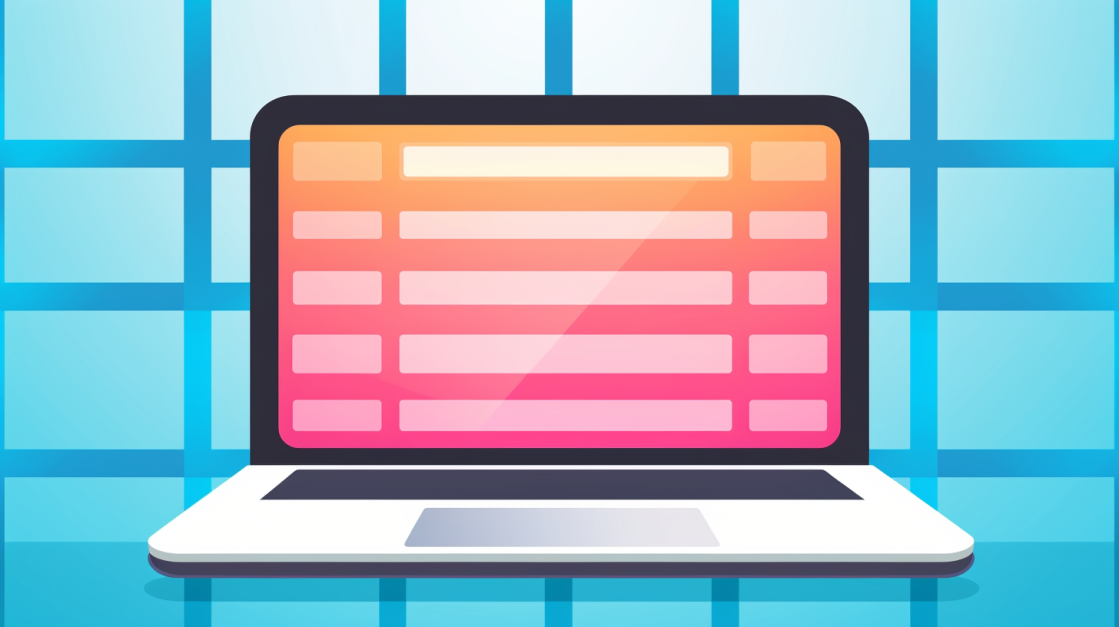
Taking steps to report identity theft is vital. If you find out that your personal data got stolen and used without your permission, follow these steps:
- Reach out to the company where fraud happened. Tell them about the theft and ask them to close or freeze the account.
- Report the theft to the Federal Trade Commission (FTC) at ftc.gov/complaint. They keep track of identity theft cases across America. In 2021, they received over 1.4 million reports of identity theft.
- Go online and use their website, annualcreditreport.com too. Ask for your free credit reports from each of the three big credit bureaus – Experian, TransUnion, and Equifax.
- Look at your credit reports for any accounts you didn’t open or charges you didn’t make.
- Put a one – year fraud alert on your file at all three firms as well as a freeze on your credit.
- File a report with local police.
- Write down every step you take and keep all records and copies of emails or letters.
- Check if your state offers help for people who have had their identities stolen.
FAQs
1. What is identity theft and how does it affect my credit?
Identity theft happens when someone steals your personally identifiable information (PII) like a social security number or credit card data for financial gain.
2. How can I protect my personal data to avoid identity theft?
To guard against hacking, ransomware attacks or tech support fraud, use strong cybersecurity practices such as encrypted data transmission and multifactor authentication.
3. Could dumpster diving be risky for getting my identity stolen?
Yes! Paper records carrying your PII if not shredded could easily become targets of dumpster diving leading to credit fraud complaints or even tax refund scams.
4. Are there ways to avoid fraudulent accounts set up in my name without being aware?
Regularly review account statements, watch out for suspicious activity on new accounts for loans or credit cards, and secure wireless networks from hackers could help prevent the setup of fraudulent accounts.
5. Can medical ID Fraud lead to other types of IDtheft?
Surely! Stolen Social Security Numbers might get misused to gain money withdrawal by pretending need medical services indirectly affecting our financial peace.
6. Besides online safety, are there offline methods used by thieves that I should know about?
Definitely! Methods like shoulder surfing, installing credit card skimmers at ATMs are some offline tactics posing risks along with online phishing email techniques which promote malicious software installation risking cellphone data capture.

